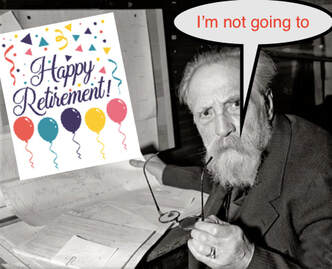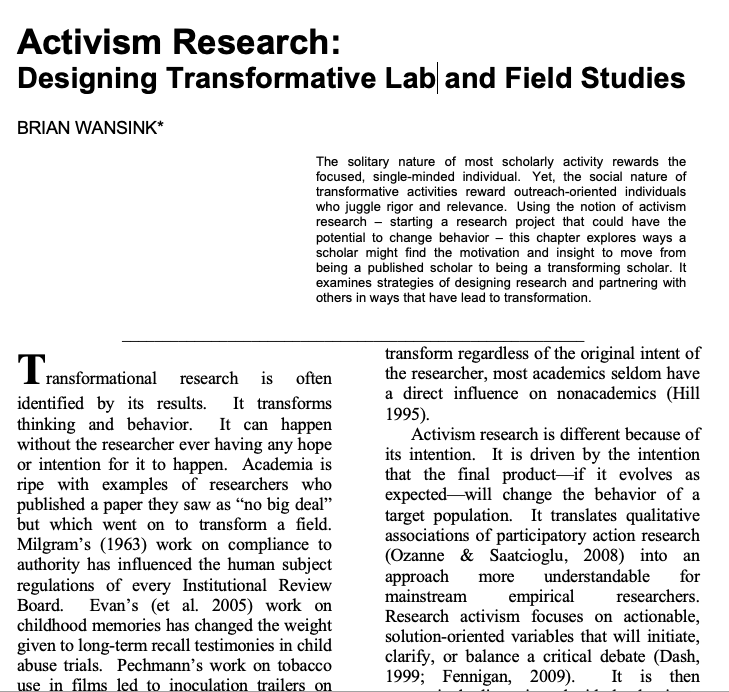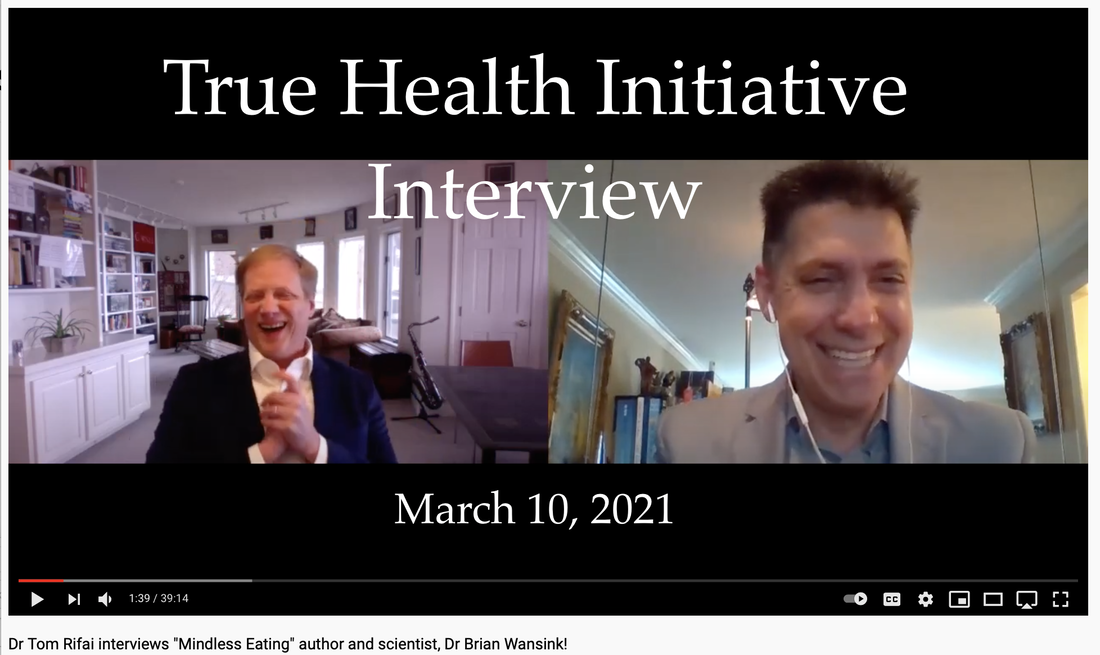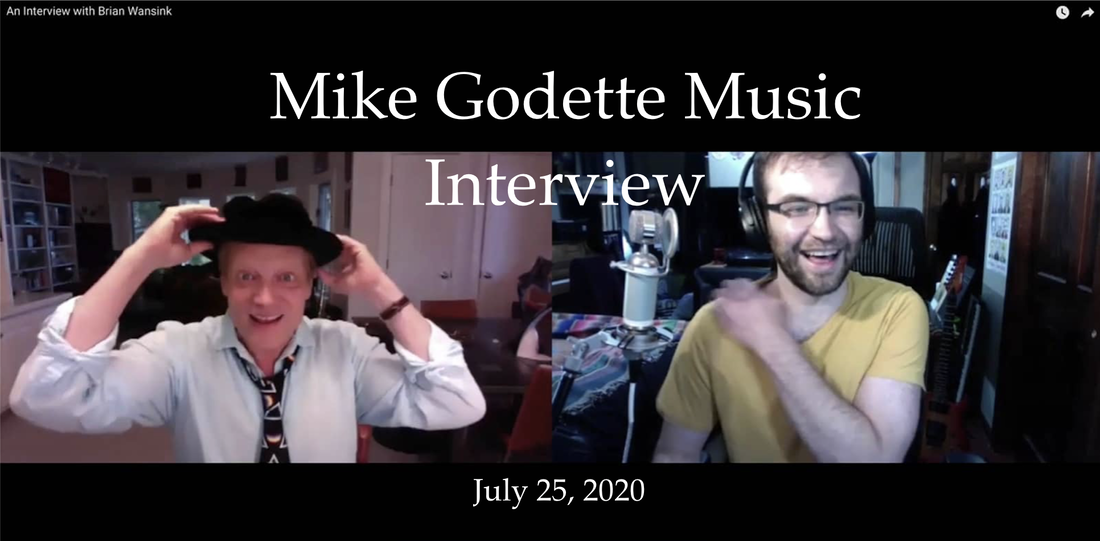 I retire from Cornell tomorrow, two days after I turned 59. My Mom and Dad both retired from their union jobs within days of their birthdays, and I never remember them saying much about their jobs after they retired. Someone else took my Dad’s place on the production line, and someone else took my Mom’s place filing papers. But academia is different. It’s one profession you never really have to retire from. A lot of us have a lot to say, and we’re passionate about saying it even when we’re officially through with our job. Many academics imagine themselves retiring in their early 70s, and then transitioning to half-time until they pad-lock our office door shut to keep us out. Even retirement parties are somewhat pro forma. If you feel you have a calling, you don’t feel any different the day after retirement except you're just no longer being paid. I just had my retirement party last month, and it seemed like a birthday party, except that people gave speeches and gave me a nice, cherry wood Cornell captain’s chair with a metal plaque on the back of it. In 30 years of academia, I only once went to a retirement party that didn’t seem like a birthday party, and it had a striking effect on me. It was about 15 years ago and I was asked to be one of two faculty speakers at the annual Spring meeting of the university’s Business Advisory Committee. What excited me the most was the other faculty speaker. He was one of the most notable economists at the University. He had won a boatload of awards and occupied a rare niche at the intersection of economics, real estate, finance, and law. He was widely published, widely influential, and people—even his economist colleagues—often spoke of him in awe. This year was his retirement year, and his speech would perhaps be his Last Waltz in front of a group like this. We got to know each other throughout the day and at the closing reception. On the rainy long ride home, we sat next to each other in the back of the chartered bus. I asked him which of his many accomplishments he most proud of, and which had the most impact. At one point, however, I asked a question that was not met with the same warmth and candor. I asked, "In light of all of the remarkable things you’ve accomplished so far in your career, what’s your biggest professional regret?" Silence .Then he said, I don’t have any regrets. If I had to do it again, I would do everything pretty much the same way. After another much longer pause he said something like this: “Well, maybe I have one regret. My work lies at the intersection of four areas – economics, finance, real estate, and law. I have a very complete picture of how these interact and how they influence everything from real estate prices in ghettos to land speculation prices in the middle of nowhere. The problem is that I’m the only one who sees the big picture. My papers are published in econ journals and finance journals, while others are published in real estate journals and law reviews. Nobody else sees the big picture because they only read one type of journal.” I said, “Would it be easier for people to see the big picture if you were to write a book that pulled all of this together? That way, everything would be in one place and you could connect all the dots.” He chuckled and immediately dismissed this, “I don’t know about marketing, but in economics they don’t reward books.” After 45 years of research, he was retiring with one needless regret. This was unfinished business that he would now have the chance to finish, but he was still letting a now irrelevant barrier get in the way. The metaphor of an "unwritten book" can be a useful metaphor for us who are feeling that our routine is getting too predictable, who are feeling restless, or who find themselves retiring with a feeling there's something more to contribute. Most people have at least one metaphorical book that would take our ideas or interests to a new level of expression. Importantly, it doesn’t need to be writing a book. It might be starting a website and blog, or teaching an adult ed course we’ve wanted to teach. It might be mastering a musical instrument and joining a band, starting a photo travelogue, moving to that lake house you always dreamed of, or starting an online business. What’s interesting is that most of these “unwritten books” probably wouldn’t even have to wait until you retired. They were something that could have been started much earlier if we would have removed our make believe barriers. Time to start the next chapter.
2 Comments
5/29/2024 12:08:09 am
Your blog is really insightful and useful! I appreciate how you approach retirement in academics with such clarity and commitment. I look forward to more informative reads from you!
Reply
Leave a Reply. |
Welcome!Here are some tips, tricks, and secrets on how you and your family can eat to be healthier and happier. They're based on over 30 years of our published research.
Fun InterviewsMost Visited Last Month• For You
• Smarter Lunchrooms • The X'Plozionz Band • Help your family • Kitchen Scorecard • Retracted papers • Grocery secrets • Do kids inherit taste? • Be healthier at work • How not to retire • Estimating calories • Restaurant Secrets • Syllabus template Top 2024 Downloads• Kitchen Makeover
• Smarter Lunchrooms • Smarter Lunchroom Scorecard • Grocery Shopping Hacks • Restaurant Secrets • Write a Useful Syllabus • Workplace Wellness Tips • Healthy Profitable Menus Categories
All
|
||||||||





 RSS Feed
RSS Feed